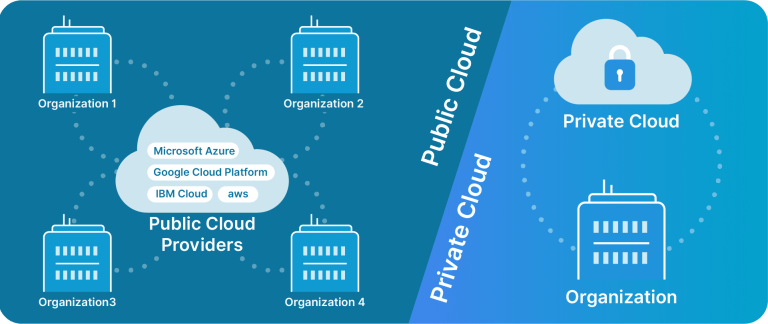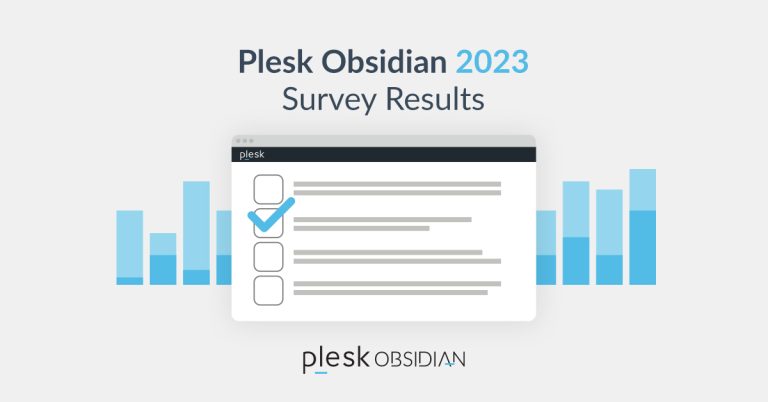“Understanding the Differences in Cloud Security: A Comprehensive Guide”
When choosing a cloud hosting environment for your company, you’ll encounter options such as public, private, and hybrid clouds. It’s important to understand what cloud hosting entails.
Cloud hosting utilizes a network of servers, both physical and virtual, to provide hosting services. This is different from traditional hosting, where a single server is used either exclusively for one customer or shared among multiple customers.
Some larger organizations opt for a multi-cloud setup, which combines various cloud services for different functions. Considerations such as security needs and available resources will guide your choice of cloud model.
Cybersecurity threats have risen significantly since the Russia-Ukraine conflict began, leading to an increase in cybersecurity spending. For instance, a 2023 Accenture study reports a 97% surge in threats, and revenue for cybersecurity is projected to grow from $150.16 billion in 2022 to $183.10 billion in 2024.
Private clouds can offer excellent security, but may not be feasible for businesses with limited resources. In this guide, we’ll examine the security aspects of both private and public cloud hosting.
Here are the key points to remember:
– Public cloud: Services provided over the Internet with pay-per-use models.
– Private cloud: Exclusive access to cloud resources for a single entity or user.
– Public cloud benefits include cost-effectiveness, scalability, and less need for in-house IT teams.
– Private cloud benefits include isolation and customizability but may have higher costs and lower scalability.
Public cloud hosting, such as AWS, Microsoft Azure, and Google Cloud Platform, allows users to share server resources. It’s generally the most scalable and offers on-demand services with payment based on resource usage.
Private cloud hosting dedicates resources solely to one organization. It can be hosted on-site or off-site by a third-party provider. For example, Liquid Web offers a VMware-powered Private Cloud with virtualization for client isolation.
Security advantages of public clouds include cost savings, shared responsibility, reduced resource requirements, flexibility, and reliability. The shared responsibility model means the provider is in charge of core infrastructure security.
However, public clouds have disadvantages like compliance issues, potential security lapses, limited control and visibility, and the risk of vendor lock-in.
On the other hand, private clouds offer an isolated environment with customizable security solutions and full access. They support regulatory compliance for standards like GDPR, PCI DSS, and HIPAA.
Disadvantages of private clouds include greater security responsibilities, substantial resource needs, and sometimes lower scalability. However, some providers offer scalable solutions.
Ultimately, choosing between public and private clouds comes down to your business’s specific needs. Public clouds suit small and medium businesses looking for performance and scalability without heavy resource investment. Private clouds cater to those requiring higher security and compliance levels.
In conclusion, weigh your priorities against the benefits and drawbacks of both public and private clouds. For starters, public cloud hosting can be ideal if you find a reliable provider without restrictive vendor lock-in terms. If your budget allows, private cloud hosting affords additional security through isolated infrastructure.





